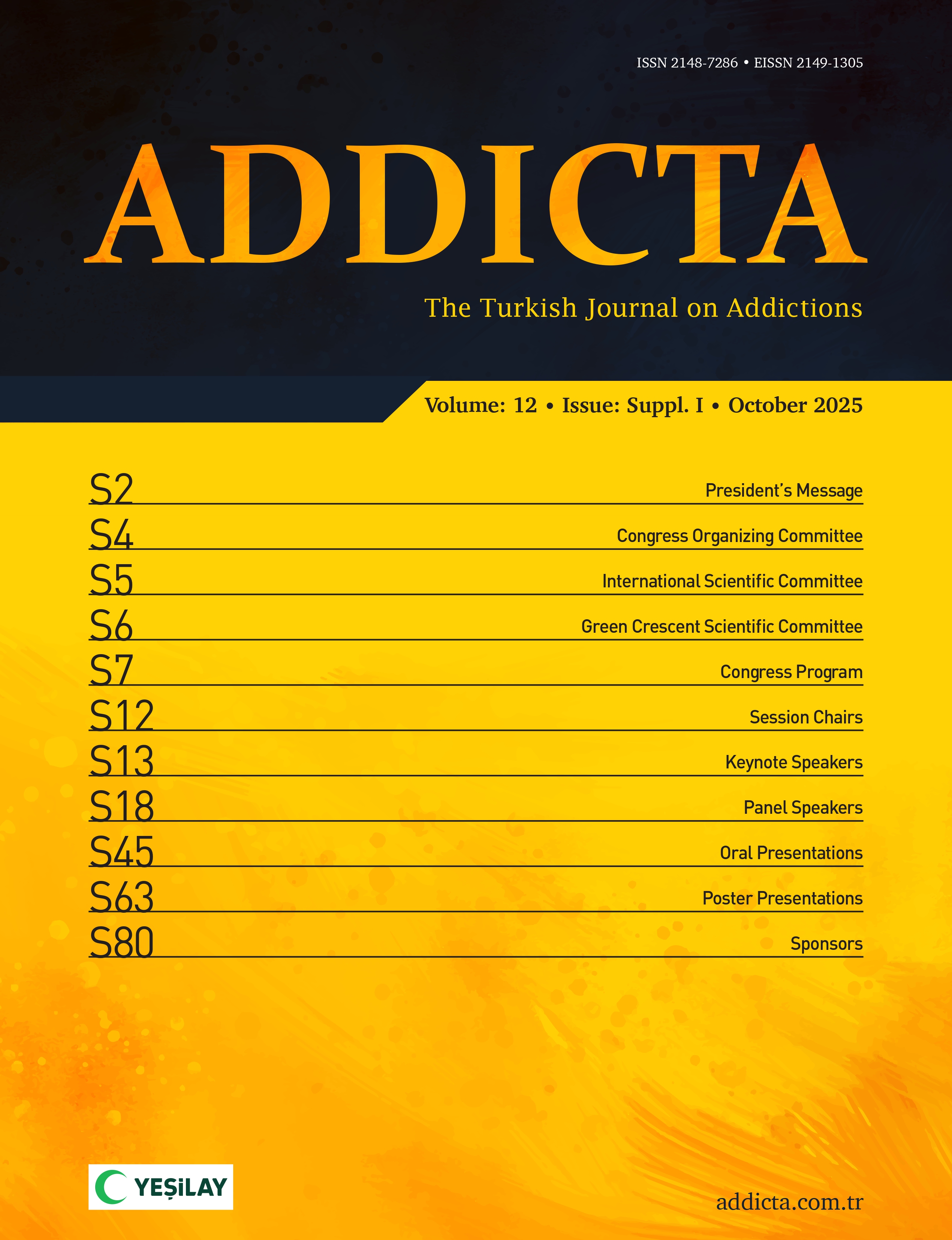Along with the increasing use of the internet due to the wide availability of computers and smartphones, many studies have revealed an increase in problems experienced in work, school, family, and social life. The effects of internet addiction are defined as difficulties experienced in social, work, and school life due to an inability to control one’s internet use and excessive use of the internet. There are a wide range of studies in the world regarding the definition, causes, and effects of internet addiction, however, research on the problem and solutions for internet addiction seem to be limited in Turkey. This study assessed the effectiveness of cognitive-behavioral counseling to develop coping skills in the treatment of internet addiction. In this respect, seven sessions were conducted with a 14-year-old girl diagnosed with internet addiction. The effectiveness of the program was tested with Young’s Internet Addiction Test (YIAT) by comparing pre-test and post-test results and descriptive data. The results of the study revealed a decrease in the level of dependence in the subject. The subject has gained a healthy behavior surrounding the internet, and her school performance, and family and peer relationships have improved.

.png)

.png)
.png)
